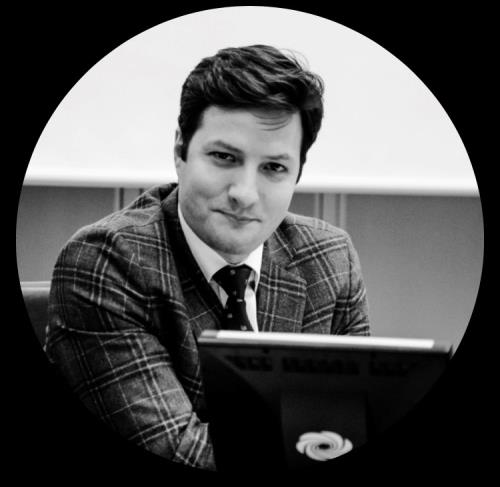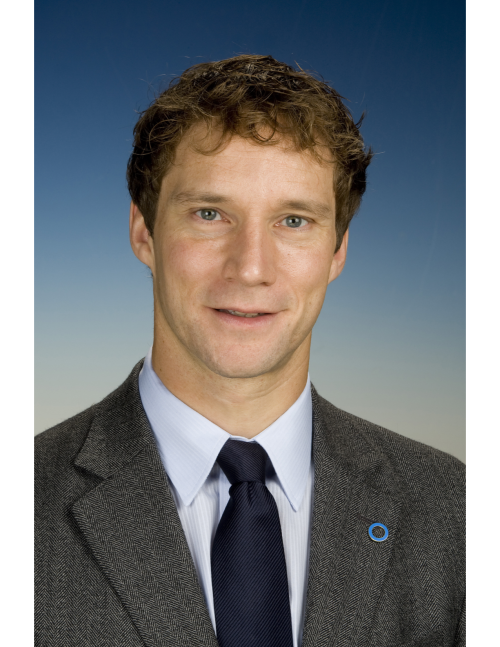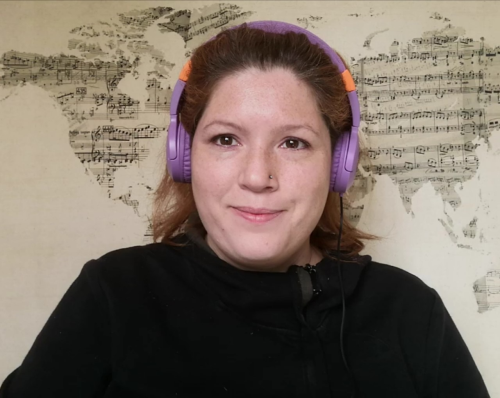Intergenerational Knowledge Café
WSIS/GCOA/GIMUN
Session 481
Light-lunch and food-for-thought will be served
First part - ICTs and Healthy Ageing
Why is intergenerational discussion important for healthy ageing?
How can we accelerate digital uptake with older persons?
How will this impact young people?
From a digital perspective, when is the right time to start thinking and planning for healthy aging? Young people do not think that aging is a problem they have to deal with, they don’t use technology for monitoring health and are dismissive and shun older people who may help them to be better informed. Older people feel marginalized, they feel lonely and disposable, reluctant to use technology for their health and may believe they are past the point of amending their health. Both demographics may find themselves as care givers for older parents, or being cared for themselves, seeking tools to help them be more successful and wondering why they didn’t think of all this before. Questions abound like, why should I care now, as opposed to later; why am I so afraid of learning about technology; can I impact the digital divide by my actions or attitudes; what are the future job opportunities for young people addressing the needs of older people? Answers include the need for awareness, a broader understanding of the value of innovation, and a better partnership between generations and a revoking of ageist attitudes. Bringing the ages together – in conversation and joint discovery – can surely help to move progress forward.
WSIS Forum continues to share knowledge through its café-structured conversations in which groups of people discuss an ICT-related topic at several round tables like those in a café. As part of this year's knowledge cafes, which are focusing on discussions that will further contribute to gender trendsetting in the ICT ecosystem, and future shaping towards WSIS+20 and beyond, the intergenerational discourse on healthy ageing with ICTs will for the first time bring two special tracks together: Youth and Older Persons. For the first time we will have an opportunity to bring together these diverse WSIS communities and have them engaged in outcome-oriented discussions that shape calls for action, partnerships, pledges and other innovative mechanisms of international development. Although pre-defined questions have been agreed upon, outcomes or solutions are not decided in advance and will depend on those actively participating, with the assumption that collective discussion can shift people's conceptions and encourage collective action.
Second Part - GIMUN Competition: Multilateralism in Digital Era
Announcement of the Winners
Young people today are frequent users of technology that redefines the way information is diffused, and the way communication takes place in society. These are tools that could help us transcend national boundaries, physical distances, and language barriers. They are also tools that create informational bubbles, eco chambers, and reinforce belief systems.
Through this multi-stakeholder collaboration, we hope to bring together the subjects of multilateralism and technology, which goes hand in hand. One of the aspects of multilateralism in the digital era is the constantly evolving socio-technical context, posing a greater challenge for collaboration whilst providing a possibility to do so on an unprecedented international level.
Today’s youth is aware of the digital era: its potential and challenges. We aim to amplify the voices of young people, who lie at the heart of both issues. That is why we have organized a global competition for the youth and university students: a call for digital media for the theme: ‘Multilateralism in a Digital Era’.
Participants were free to illustrate their ideas on the impacts of technology on multilateralism. We were especially interested in the way in which they express their ideas, and have highly encouraged their creativity, which is why submissions were made under all digital formats: written articles, series of images or graphical designs, short videos or films, or a combination of any of the above.


Thomas Hach, MD, is Executive Director Patient Engagement for Cardiovascular, Renal & Metabolism (CRM) at Novartis. He is leading end-to-end patient engagement strategy and operations for the broad CRM portfolio at Novartis. Thomas also held positions of Global Brand Medical Director Neuroscience, Senior Global Health Advisor and Director Healthcare Systems. His passion and expertise are in precision medicine, preventative medicine, patient centricity and partnerships. He joined Novartis from Boehringer Ingelheim, where he was Global Senior Medical Director, Therapeutic Area Metabolism. Prior to that, he was an associate principal at McKinsey & Company, serving as a leader in the pharmaceuticals and healthcare practice. Dr. Hach conducted several years of research and clinical practice in diabetes/microcirculation at Karolinska Institutet, Sweden. At the beginning of his clinical career, he worked in orthopedic surgery in Sweden and Germany. He received his medical degree from University of Mainz, Germany.

Suay is an interdisciplinary digital sociologist with a focus on digital activism and digital political empowerment. Her Marie Skłodowska-Curie research project DIGI-EMP at the University of Trento's School of International Studies looks at international experiences of digital political empowerment in crowdsourcing initiatives on climate change. Her publication record includes articles in Information, Communication & Society, Journal of Digital Social Research, First Monday, and International Journal of Communication.
-
 C1. The role of governments and all stakeholders in the promotion of ICTs for development
C1. The role of governments and all stakeholders in the promotion of ICTs for development
-
 C4. Capacity building
C4. Capacity building
-
 C5. Building confidence and security in use of ICTs
C5. Building confidence and security in use of ICTs
-
 C7. ICT applications: benefits in all aspects of life — E-health
C7. ICT applications: benefits in all aspects of life — E-health
-
 C8. Cultural diversity and identity, linguistic diversity and local content
C8. Cultural diversity and identity, linguistic diversity and local content
-
 C10. Ethical dimensions of the Information Society
C10. Ethical dimensions of the Information Society
-
 C11. International and regional cooperation
C11. International and regional cooperation
-
 Goal 3: Ensure healthy lives and promote well-being for all
Goal 3: Ensure healthy lives and promote well-being for all
-
 Goal 4: Ensure inclusive and equitable quality education and promote lifelong learning opportunities for all
Goal 4: Ensure inclusive and equitable quality education and promote lifelong learning opportunities for all
-
 Goal 16: Promote just, peaceful and inclusive societies
Goal 16: Promote just, peaceful and inclusive societies